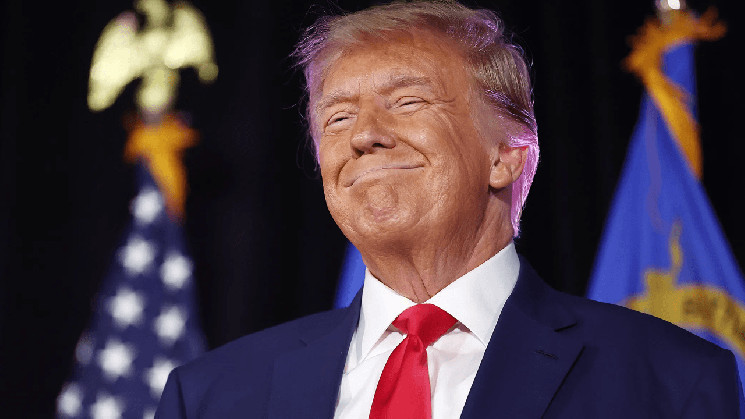The sudden imposition of tariffs by the United States on Canadian goods sent shockwaves through the Canadian economy and global markets, marking a significant escalation in trade tensions between the two closely intertwined nations. The 25% tariff, affecting all Canadian goods except oil (which faced a 10% tariff), was deemed by the Royal Bank of Canada as the “largest trade shock in nearly 100 years.” This aggressive move, though foreshadowed by President Trump, disrupted the long-standing harmonious trade relationship between the US and Canada, two nations sharing the world’s longest border and an integrated economic history spanning over a century. The magnitude of this trade disruption is underscored by the sheer volume of trade between the two countries, reaching nearly $773 billion in 2023, according to the U.S. Department of Commerce. The tariff implementation immediately impacted the Canadian dollar (CAD), also known as the “loonie,” which plummeted to a 22-year low against the US dollar (USD). This devaluation signifies a weaker Canadian currency and potentially higher prices for imported goods for Canadian consumers.
While traditional markets reacted negatively, the cryptocurrency market presented a contrasting picture. Bitcoin (BTC), a decentralized digital currency often seen as a hedge against traditional market volatility, experienced a surge, surpassing $100,000 and reaching $102,170. This rise coincided with the announcement of the tariffs, suggesting a potential shift towards Bitcoin as an alternative store of value during times of economic uncertainty. Canadian Bitcoin enthusiasts viewed this as a vindication of their investment strategy, promoting the digital currency’s independence from government-controlled currencies and its potential to retain value amidst traditional market fluctuations. This situation highlighted a growing sentiment favoring decentralized assets over fiat currencies, potentially influenced by distrust in traditional financial systems and government policies.
The Canadian government, facing intense internal pressure due to prevailing economic challenges and the eventual resignation of Prime Minister Justin Trudeau, responded swiftly with retaliatory tariffs on $107 billion worth of American imports. This mirrored the US tariff rate of 25% and demonstrated a united front within Canadian politics, where both liberal and conservative parties found common ground in opposing the US tariffs. This bipartisan stance emphasizes the seriousness of the situation and the perceived damage to the Canadian economy. The retaliatory tariffs further fueled the trade war and raised concerns about potential long-term economic consequences for both countries.
The sudden trade war between the US and Canada, instigated by President Trump’s tariff impositions, underscores the interconnectedness of their economies and the potential for significant disruption when trade relations sour. The immediate impact on the Canadian dollar, alongside the surge in Bitcoin’s value, highlights the contrasting fortunes of traditional and decentralized financial markets during periods of economic uncertainty. The Canadian government’s retaliatory response, supported by both major political parties, further escalates the trade conflict, potentially leading to prolonged economic repercussions for both nations. This trade war presents a case study in the complex dynamics of international trade and the potential for unforeseen consequences stemming from protectionist policies.
The unfolding trade dispute also highlights the growing interest in alternative assets like Bitcoin, particularly during times of economic instability. The cryptocurrency market’s positive reaction to the trade war, as evidenced by Bitcoin’s price surge, reflects a growing perception of its potential as a safe haven asset, independent from government influence and traditional market volatility. This narrative resonates with those who distrust centralized financial institutions and government-controlled currencies, further fueling the adoption of decentralized alternatives. The future of this trade war remains uncertain, but its early stages have already provided valuable insights into the evolving landscape of global finance and the increasing prominence of alternative investment options.
This trade war demonstrates the intricate relationship between global trade and domestic politics, where external economic shocks can exacerbate internal political tensions. The pressure faced by the Canadian government due to economic challenges and the subsequent resignation of Prime Minister Trudeau exemplifies this dynamic. The trade war adds another layer of complexity to an already challenging economic climate, potentially impacting job security, consumer prices, and overall economic growth. Furthermore, it exposes the vulnerability of interconnected economies to sudden policy shifts and the potential for rapid deterioration in long-standing trade relationships. The unfolding situation underscores the need for careful consideration of the potential consequences of protectionist measures and the importance of fostering stable and predictable trade partnerships.


